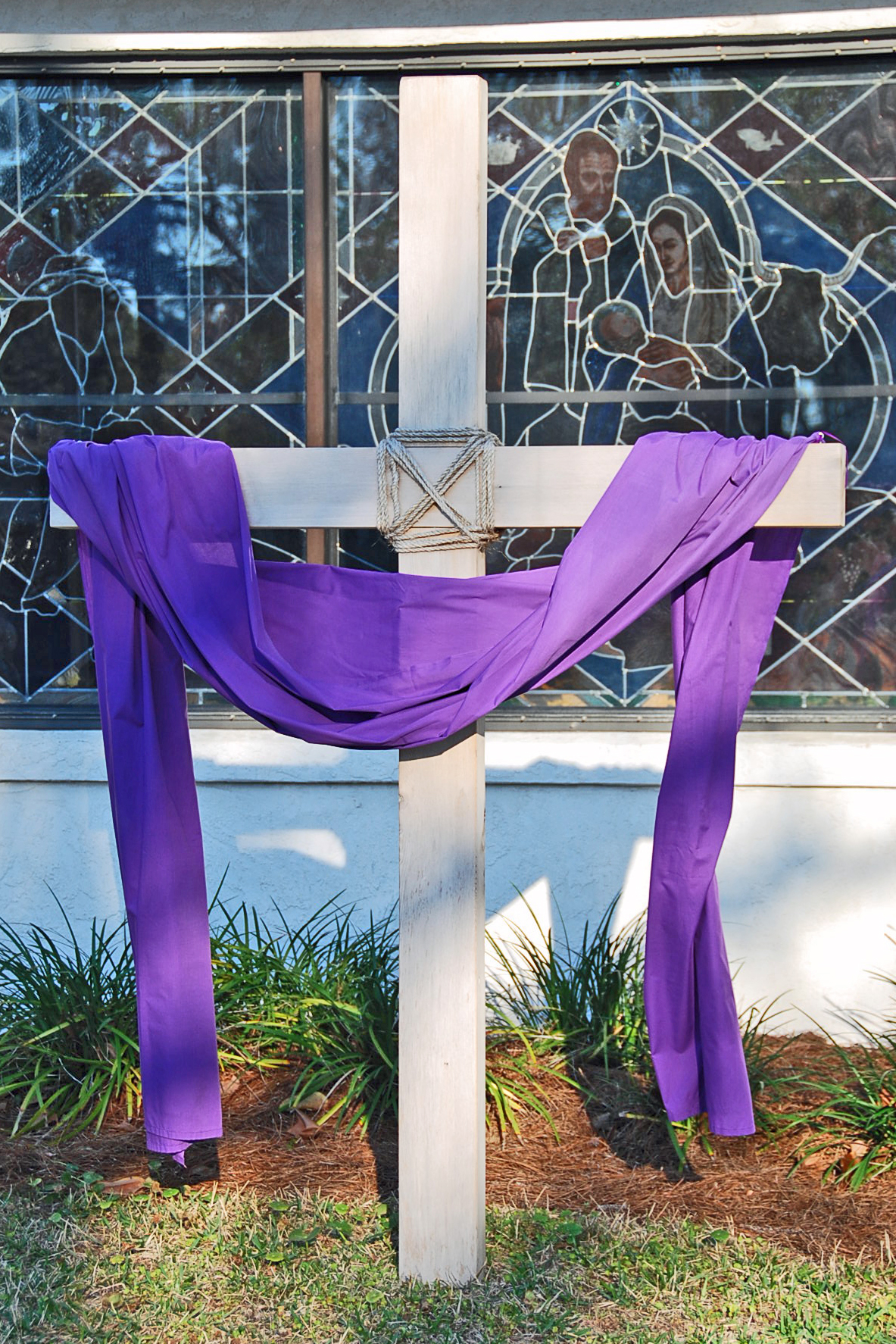When Moses went up on the mountain, the cloud covered it, and the glory of the Lord settled on Mount Sinai. For six days the cloud covered the mountain, and on the seventh day the Lord called to Moses from within the cloud. To the Israelites the glory of the Lord looked like a consuming fire on top of the mountain. Then Moses entered the cloud as he went on up the mountain. And he stayed on the mountain forty days and forty nights.
Exodus 24.15-18
When I was a kid, the Sunday night services at our church were the spiritual highlights. Not always for me, you understand, but certainly for the adults in our congregation. It was a time of hootin’ and hollerin’, a bit of that weird worship dancin’, and lots of cryin’ and prayin’ at the altar. Not crying and praying, mind you, but cryin’ and prayin’. Sunday night was a night for contractions. It was the time when normally sane and well-to-do folks let their hair down and shook all their holies right out onto the orange carpet.
Just about everyone referred to those Sunday nights as “mountaintop” experiences. What they meant was, like Moses on the mountain for forty days and nights with God, we would be changed by our experiences with the orange carpet for three or four hours each Sunday evening.
In Exodus, while Moses is up there communin’ with the Lord, he sees God’s glory: His kavod. That’s the Hebrew word for glory, and it shows up like a lightning cloud, like a fiery darkness. It was also, in case you’re curious, the inspiration for J.R.R. Tolkien’s Balrog, a creature of shadow and flame, the sinister and lesser counterpart to Yahweh’s kavod. That cloud of fiery glory represents the first time God allowed His presence to be tamed, domesticated-like, and bearable.
I have had my own mountaintop experiences. A couple of them were even on Sunday nights. And there’s always a peculiarity to them. I’ve always counted it a great privilege to have such experiences with God. Though I have certainly never seen a physical cloud during those times, I will testify to the fact that once you get alone with God for a long time and are only concerned with Him and His pleasure, you might as well be stuck in a cloud, because you can’t really see anything else. In those moments of divine proximity, you realize that, no matter what’s happening at the bottom of the mountain or outside of the cloud, everything is going to work out okay so long as you remain in the shadow of the Almighty.
Of course Moses got to put that trust to the test, because as soon as he came down from the mountain, he found out that his spineless brother Aaron had capitulated to the whims of the people and built them a golden calf to worship. To Moses’ credit, he didn’t run back up the mountain. Instead he beat everybody up and burned the calf down and made the people drink what was left of it after he’d mixed it in their water.
I want everybody to have a few of those mountaintop experiences, because I know everybody is going to face tests like Moses did when he got off the mountain. I’m not sure Moses would have had the strength to pick the fight he did, had he not been newly empowered by his experience in the kavod. I’m not sure the people would have been quite so easily cowed by Moses’ fury had his face not been still shinin’ with God’s light. I’m not sure any of it could have had any kind of happy ending were it not for Moses’ time with the Lord.
In my experience, though, usually once people get a taste of that mountaintop, they never want to leave. If they have to leave and then run into trouble like Moses, they come runnin’ back up the mountain. I saw a lot of that on those Sunday nights: people with no stomach for real life, runnin’ back to church in hopes of gettin’ their kavod on, pleading with God not to make them deal with their problems and just hopin’ to hide out with Him awhile.
But you can’t do that. You need the mountain so you can go back down the hill and do somethin’ worthwhile.
I think that’s what Jesus was up to when he got out of his time in the desert. Matthew’s gospel says he went right away and started preaching, Repent, for the Kingdom of Heaven is near. That’s much the same message Moses preached to the Israelites, though gentler. And then Christ called his disciples and set to work healing people. Again, that’s what Moses did, calling the newly repentant people to be set apart, then going back to beg for the Lord to heal the sins of the people.
I humbly suggest we take our cue from Christ rather than from the ancient Israelites. Let’s be healers rather than people who need healing. Let’s spend our time with the kavod, then return energized to shadow God and heal the world.
This post is from Seasons of Christian Spirituality.
fossores
Related posts
Categories
Category Cloud
Tag Cloud
Recent Posts
- Victors and Victims November 6, 2018
- 3 Hacks for Happiness October 29, 2018
- Hope Against Death September 20, 2018
- The Shape Of The Cross September 19, 2018


